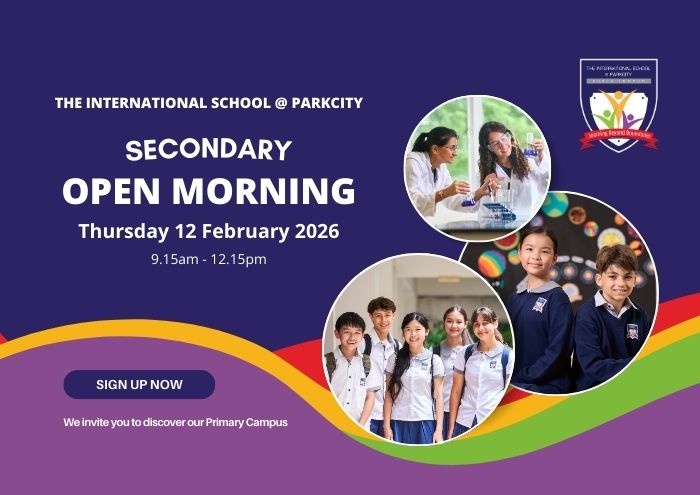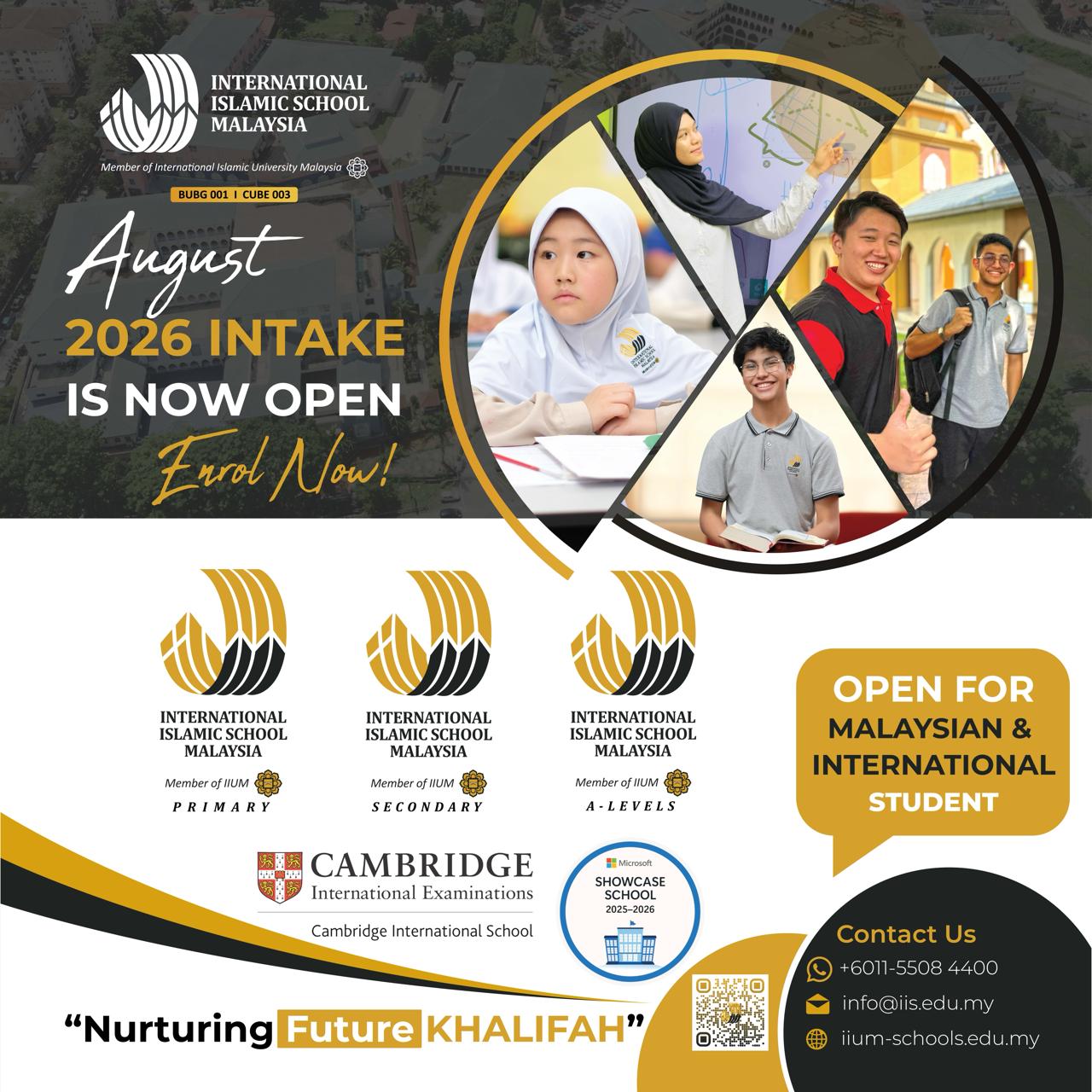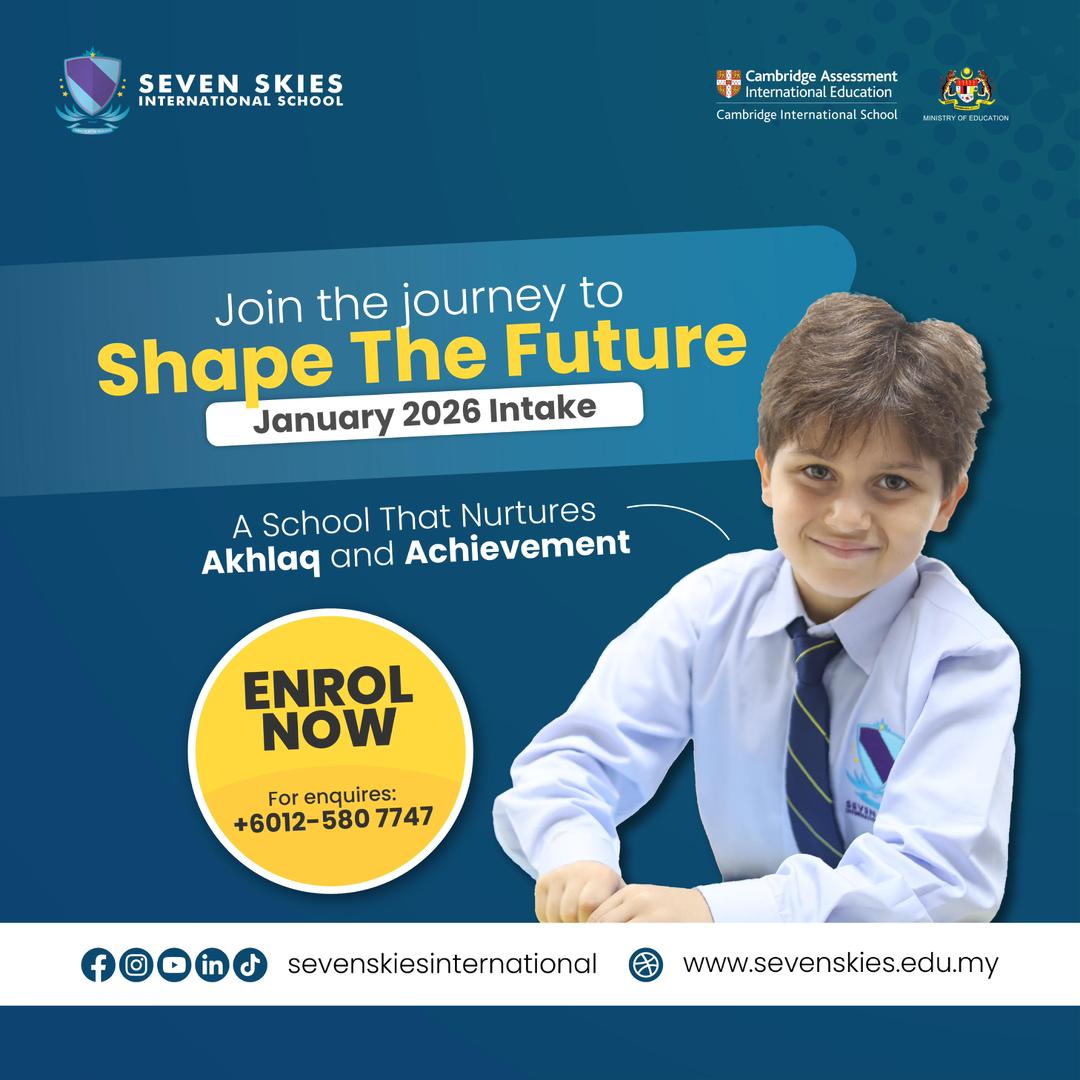 According to current research, today’s learners will have 10-15 jobs by the time they reach 38 years old. Schools have a responsibility to prepare students for jobs that don’t even exist yet! The IPC or International Primary Curriculum was developed to equip children with the skills they will need to be successful in this changing world.
According to current research, today’s learners will have 10-15 jobs by the time they reach 38 years old. Schools have a responsibility to prepare students for jobs that don’t even exist yet! The IPC or International Primary Curriculum was developed to equip children with the skills they will need to be successful in this changing world.
The IPC was first developed in Shell schools sixteen years ago to provide a relevant and authentic curriculum for international students. It is now used in over 1900 schools across the world.
Nexus International School, Malaysia is one of only 14 schools in the world to be accredited by the IPC at ‘Mastering Status.’ Nexus in Putrajaya, is seen as an example of outstanding practice and is frequently visited by teachers from around the world who wish to see how the IPC is delivered in a mastering school.
Learning is at the heart of the IPC curriculum, which includes academic learning goals , and personal characteristics . Lessons are linked through a theme, which is relevant and encourages International Mindedness.
 Alongside academic subjects such as Science and Geography, students are explicitly taught to develop characteristics known as Personal Goals. The personal goals include: respect, adaptability, communication, cooperation, resilience, flexible thinking, rigorous learner, enquiry, principled and international mindedness. Not only do the goals prepare the children for their future, they improve academic learning. If children need to work as a team to complete a challenge how can we expect them to work together effectively if we do not teach them first?
Alongside academic subjects such as Science and Geography, students are explicitly taught to develop characteristics known as Personal Goals. The personal goals include: respect, adaptability, communication, cooperation, resilience, flexible thinking, rigorous learner, enquiry, principled and international mindedness. Not only do the goals prepare the children for their future, they improve academic learning. If children need to work as a team to complete a challenge how can we expect them to work together effectively if we do not teach them first?
Learners may for example, learn through the theme of ‘natural disasters.’ During this learning, the teachers will plan an exciting ‘entry point’ to the topic to get them hooked. At Nexus, when learners take part in this theme they role play a disaster scenario, making emergency rafts to transport supplies across the swimming pool! The next step in their learning is to carry out a knowledge harvest, where teachers find out what learners already know. This ensures that teachers can personalise learning and build on their existing knowledge. Throughout the theme, learners develop knowledge, skills and understanding in the different subject areas. For example, in Geography they will learn how to use maps to identify patterns in tectonic plates and volcanoes. In Science, they will discover what happens when materials are mixed to create an explosion. In History they will learn about disasters from the past such as Mount Vesuvius and this will be linked to learning about disasters in their home and host country to give a global context.
Research shows that children benefit from learning through themes. By linking their subject learning through a theme, they make connections building on their knowledge, skills and understanding. At the end of each unit of work, learners take part in an ‘exit point’ which is an opportunity for them to share their learning with others. Parents are regularly invited to Nexus, to enable them to be part of their children’s learning journey. At Nexus, we often hear parents exclaim how they wished they had enjoyed the same, rich, engaging and rigorous learning experience as their children!
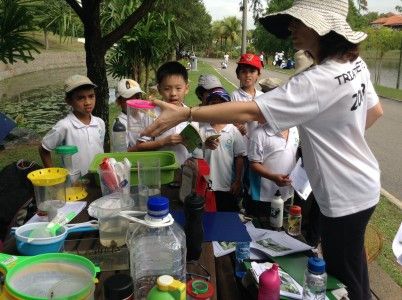 The Nexus Way is developed through the International Primary Curriculum:
The Nexus Way is developed through the International Primary Curriculum:
- Inclusion – International Mindedness is developed in order for students to understand and respect similarities and differences and to prepare them to be part of a global community.
- Relationships – Cooperation, respect, communication and adaptability are all explicitly taught through the personal goals.
- Mindsets – Students are taught to be rigorous in their learning and resilient in the face of setbacks, to focus on what they can do to improve and to always try their best.
- Technology – Many aspects of technology are used to extend learning and develop collaboration.
- Learning – academic, personal and international learning is personalised and designed to challenge all students.
For parents who want more than simply academic learning for their child: learning that develops personal characteristics and global mindsets, then they should visit Nexus International School, Malaysia to find out more about how the International Primary Curriculum can prepare the leaders of tomorrow.














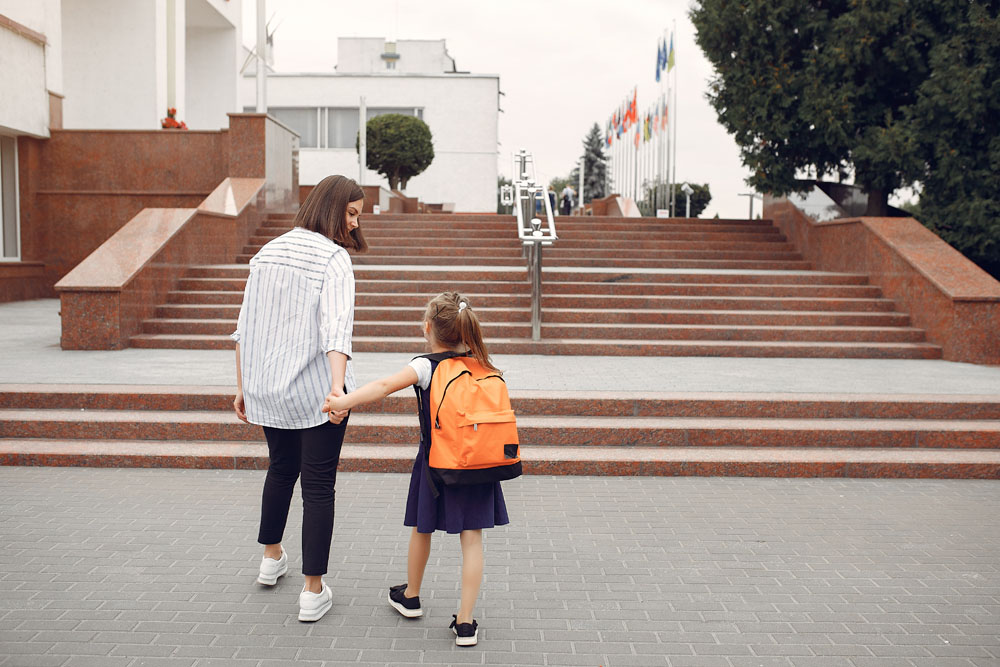
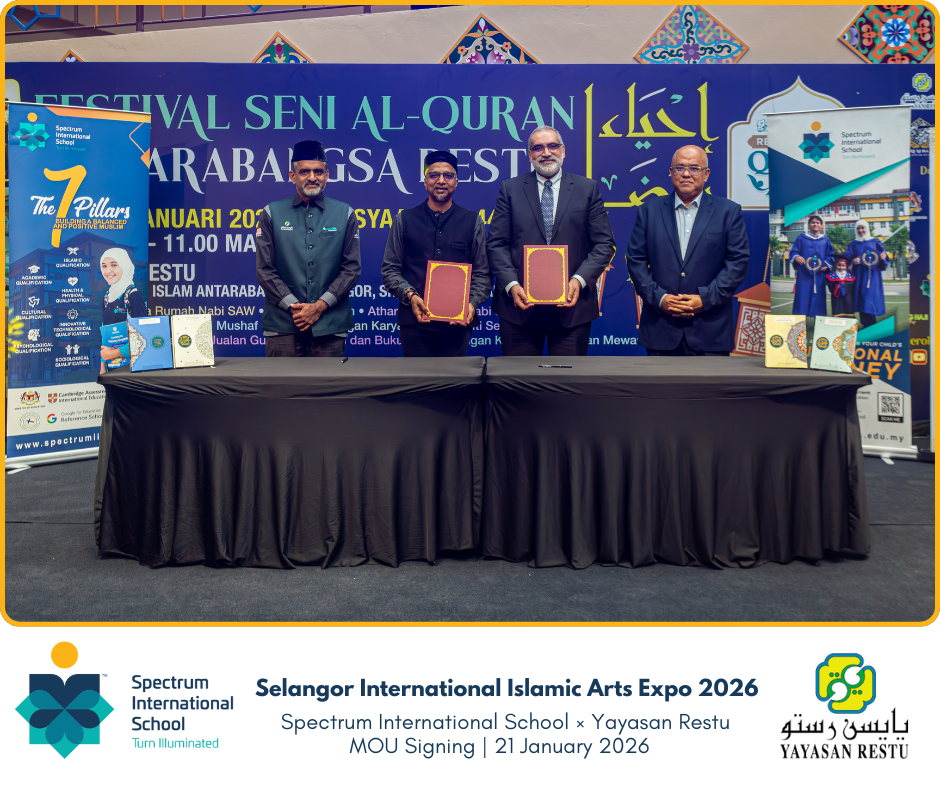
![[Maahad Tahfiz Negeri Pahang] Asia Youth International Model United Nations](https://mint-edm.sgp1.digitaloceanspaces.com/production/qKffTsfZisDxO4b6kcejusAA7mWWgL.jpg)

